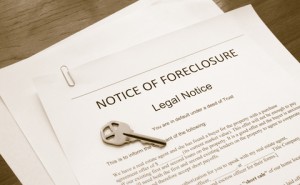Matt Taibbi uses the current election to illustrate our completely corrupt political process
Once again, I'm a bit embarrassed that I can't think of ANYTHING to disagree with while reading an article by Matt Taibbi. Here's an excerpt:
If the clichés are true and the presidential race always comes down to which candidate the American people "wants to have a beer with," how many Americans will choose to sit at the bar with the coiffed Wall Street multimillionaire who fires your sister, unapologetically pays half your tax rate, keeps his money stashed in Cayman Islands partnerships or Swiss accounts in his wife's name, cheerfully encourages finance-industry bailouts while bashing "entitlements" like Medicare, waves a pom-pom while your kids go fight and die in hell-holes like Afghanistan and Iraq and generally speaking has never even visited the country that most of the rest of us call the United States, except to make sure that it's paying its bills to him on time? Romney is an almost perfect amalgam of all the great out-of-touch douchebags of our national cinema . . . The fact that Barack Obama needed a Himalayan mountain range of cash and some rather extreme last-minute incompetence on Romney's part to pull safely ahead in this race is what really speaks to the brokenness of this system. Bruni of the Times is right that the process scares away qualified candidates who could have given Obama a better run for all that money. But what he misses is that the brutal campaign process, with its two years of nearly constant media abuse and "gotcha" watch-dogging, serves mainly to select out any candidate who is considered anything like a threat to the corrupt political establishment – and that selection process is the only thing that has kept this race close. Barack Obama is hardly a complete Wall Street stooge. The country's most powerful bankers seem genuinely to hate his guts, mainly because they're delusional and are sincerely offended by anyone who dares to even generally criticize them for being greedy or ethically suspect, as Obama has with his occasional broadsides against "fat cat bankers" and so on. On the other hand, Obama's policy choices in the last four years have made it impossible for him to run aggressively against the corruption and greed and generally self-obsessed, almost cinematic douchiness that Romney represents.

